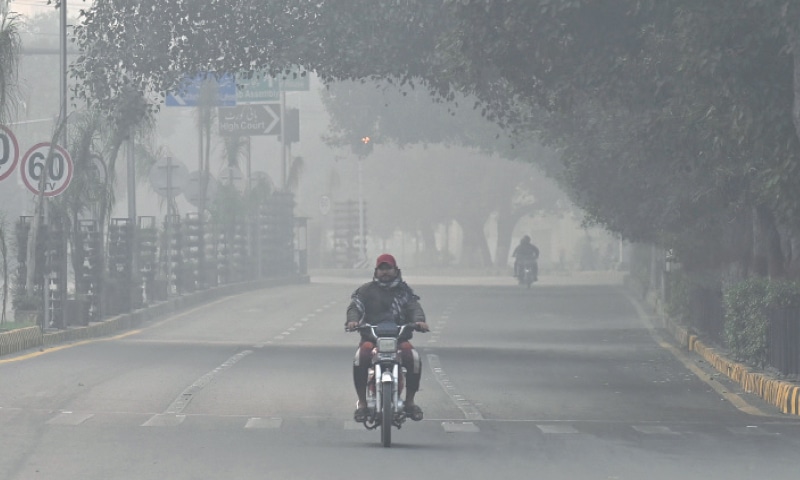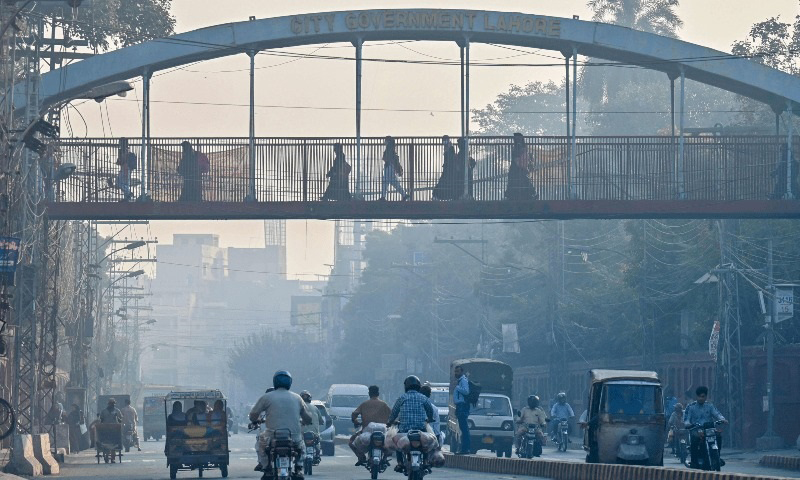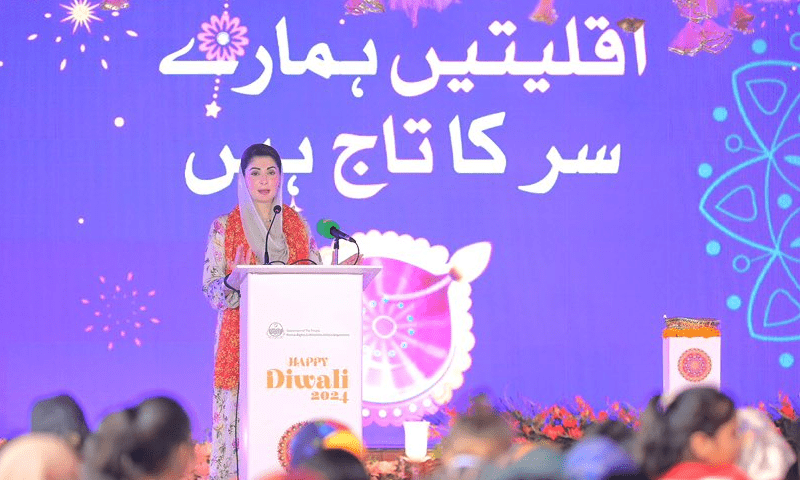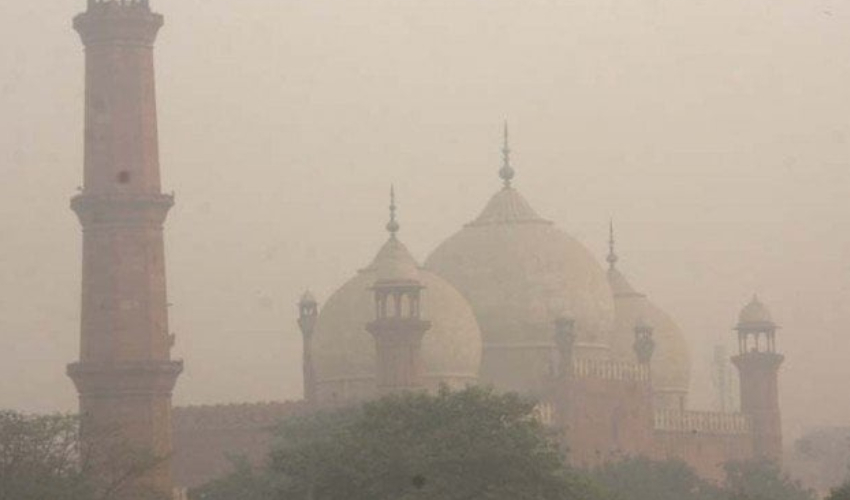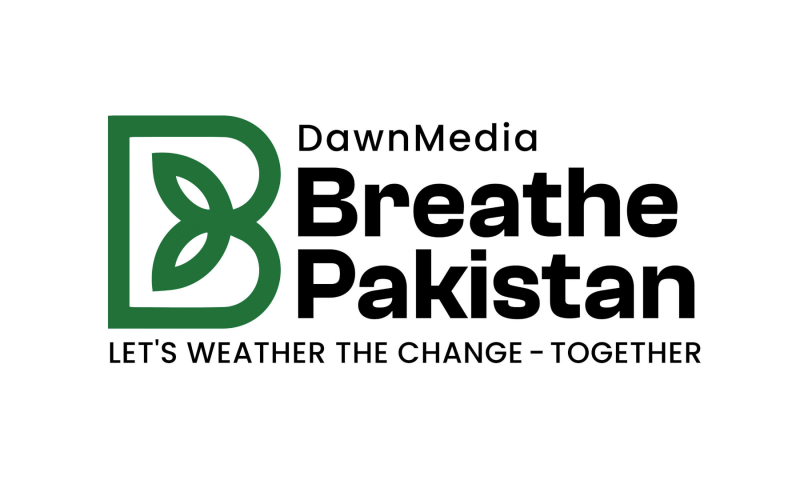Climate
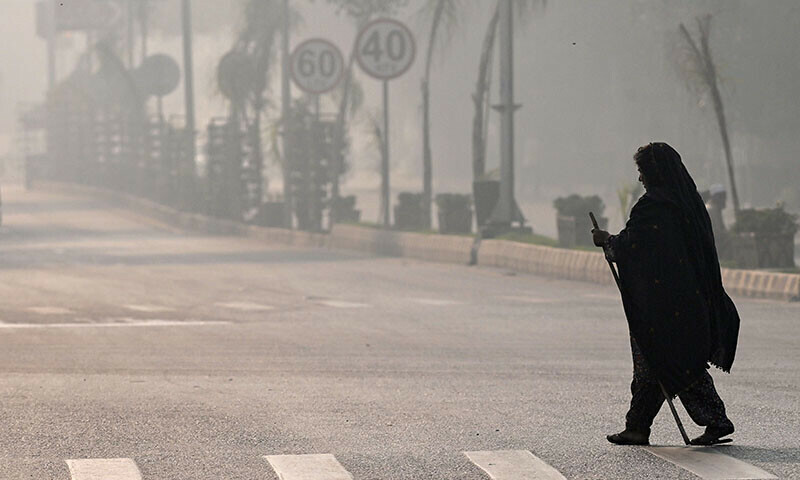
Air pollution levels in Lahore soared to unprecedented heights on Saturday, with PM2.5 particulate matter in the city reaching more than 80 times the level considered safe by the World Health Organisation (WHO). The Air Quality Index (AQI) peaked at 1,067 before decreasing to around 300 — still significantly above WHO’s safety threshold of 10, according to local environmental officials. “We have never reached a level of 1,000,” Jahangir Anwar, a senior official with the Environmental Protection Department in Lahore, told AFP, warning that the poor air quality is expected to persist for the next three to four days.
Lahore has been blanketed in thick smog, resulting from a combination of vehicular emissions, agricultural burning, and seasonal winter cooling. This deadly mix is composed of PM2.5 pollutants, fine particles that can penetrate deep into the lungs and bloodstream, causing serious health issues. In response, the Punjab Environmental Protection Agency (EPA) announced immediate restrictions across four “hot spots” in the city, and, in a protective measure, ordered “Schools of Special Education” in Lahore to put students with medical conditions on a three-month compulsory leave.
The worsening pollution has prompted government agencies and legislators to ramp up efforts to curb smog levels. On Friday, as the Punjab Assembly debated smog and water scarcity for the third consecutive day, both treasury and opposition members called for stricter controls on emissions from industries and vehicles. The assembly emphasized the importance of enforcing environmental laws more rigorously.
Several measures have been introduced to combat the escalating pollution. Tuk-tuks running on two-stroke engines, which are significant polluters, are banned, as are restaurants that cook on open grills without pollution-control filters. Government and private offices will have half their employees working remotely starting Monday to reduce vehicular emissions. Construction activities are suspended, and street vendors who cook over open flames are ordered to close by 8 p.m.
The smog is particularly severe during winter, as cooler, denser air traps pollutants closer to the ground, worsening air quality. The rise in pollution levels has become a public health crisis, with residents experiencing respiratory issues, eye irritation, and other health complications.
These recent measures underscore the city’s efforts to curb pollution and safeguard public health as Lahore grapples with record-high smog levels. The EPA, along with other stakeholders, remains committed to finding long-term solutions to Lahore’s air quality issues, emphasizing the critical need for cleaner fuels, emission controls, and public awareness to mitigate smog levels effectively.
